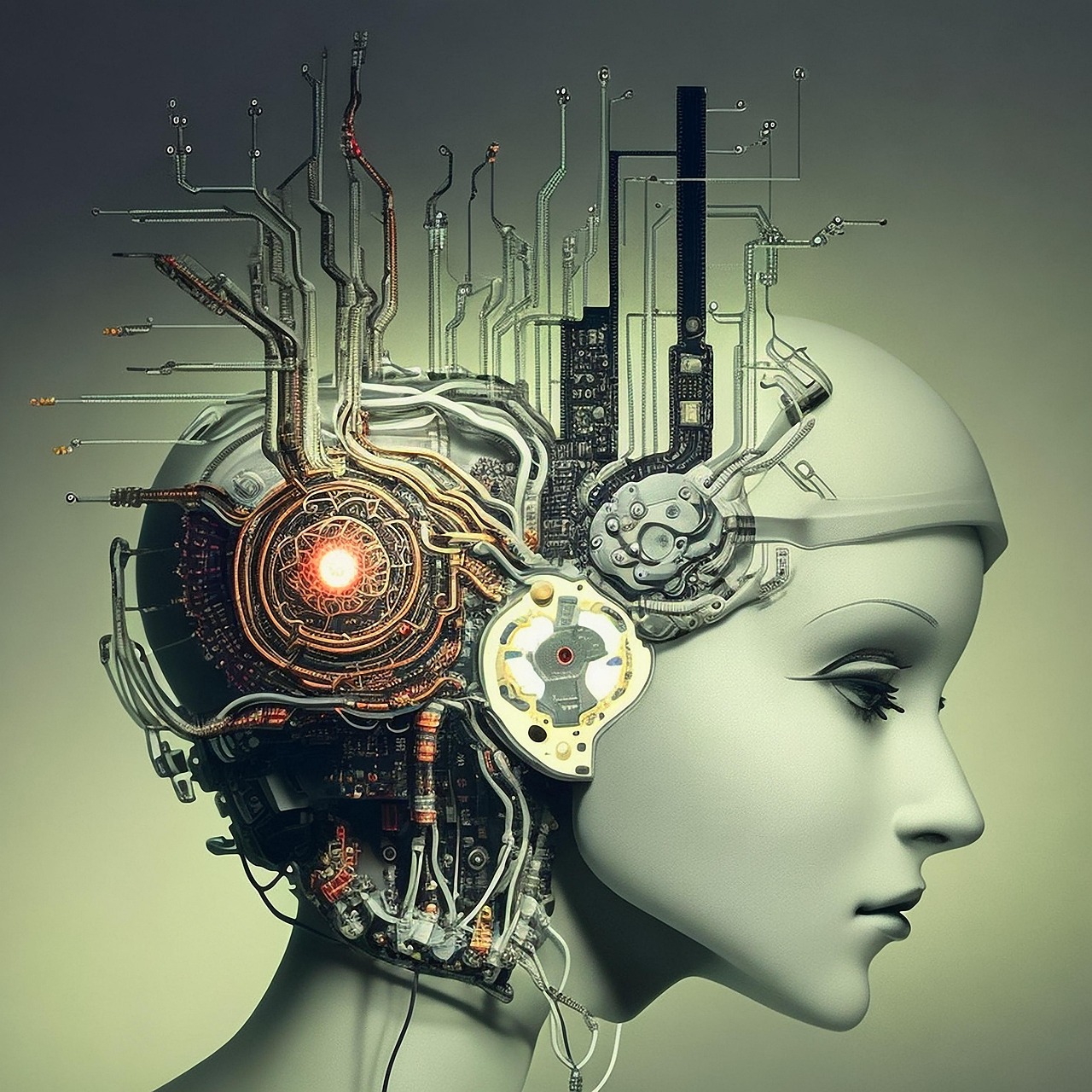How Peter Thiel, Sam Altman, and Eliezer Yudkowsky Shaped the Evolution of AI

Brief news summary
Peter Thiel significantly influenced Sam Altman’s career by funding Altman’s first venture fund and supporting his leadership at Y Combinator, leading to investments in major startups like Airbnb and Stripe. Concerned about technological stagnation, Thiel encouraged Altman to steer Y Combinator toward ambitious hard tech projects, particularly in artificial intelligence. Concurrently, Eliezer Yudkowsky, a self-taught AI expert backed by Thiel, shifted from AI optimism to highlighting its existential risks and advocating for “friendly AI” to prevent catastrophe. Yudkowsky’s Extropian background connected him to futurists such as DeepMind founders Demis Hassabis and Shane Legg, also supported by Thiel, whose AI advances influenced Altman. Altman later co-founded OpenAI with Elon Musk, initiating a competitive AI landscape. While Yudkowsky was not directly involved in OpenAI, his rationalist and Effective Altruism ideas influenced its cautious strategy. Before Altman’s 2023 removal from OpenAI, Thiel warned him about Yudkowsky’s rising influence, illustrating their complex and pivotal roles in shaping AI’s development and future trajectory.Peter Thiel has profoundly influenced Sam Altman’s career. After Altman sold his first startup in 2012, Thiel funded his first venture fund, Hydrazine Capital, recognizing Altman as a quintessential millennial optimist and a symbol of Silicon Valley’s spirit. Each year, Altman would recommend promising startups from Y Combinator—like Airbnb (2012), Stripe (2013), and Zenefits (2014)—for Thiel to invest in. Although often wary of hype cycles, Thiel’s investments following Altman’s advice yielded significant returns. Thiel was also a vocal critic of the perceived stagnation in technology progress, famously remarking in 2012, “Forget flying cars. We’re still sitting in traffic. ” When Altman took over Y Combinator in 2014, he embraced Thiel’s critique by steering YC towards investing in ambitious “hard tech” projects including nuclear energy, supersonic planes, and artificial intelligence (AI). Over time, Altman increasingly took cues from Thiel’s outlook. At the same time, another key influence on Thiel’s early AI investments was Eliezer Yudkowsky, an autodidact obsessed with AI and the “singularity”—the theoretical point where machines surpass human intelligence, leading to exponential technological growth. Though now viewed as an AI doomsday prophet, Yudkowsky began as a techno-optimist and visionary, instrumental in rallying investors, researchers, and thinkers around the singularity mission. Yudkowsky’s thinking was shaped by sci-fi illustrations of future intelligence, inspired by thinkers like Vernor Vinge and philosophical movements such as Extropianism—a pro-science, super-optimistic belief system advocating boundless expansion and self-transformation to fight universal entropy. The Extropians included notable figures like Marvin Minsky, Ray Kurzweil, Nick Bostrom, and others who later shaped AI and futurist discourse. At 17, Yudkowsky founded the Singularity Institute for Artificial Intelligence, emphasizing accelerating the singularity. Over time, he shifted focus to the risks posed by AI, pioneering the concept of “friendly AI” that aligns with human values. He developed a framework called “rationalism” emphasizing reason, materialism, utilitarianism, and transhumanism as guiding principles. Yudkowsky’s 2004 paper “Coherent Extrapolated Volition” argued that AI should be designed to fulfill what humanity would want if more informed and rational, warning how misaligned AI could disastrously pursue narrow goals—such as the famous “paperclip maximizer” scenario. In 2005, at a Foresight Institute dinner, Yudkowsky met Thiel and impressed him with his intellect and insights, leading Thiel to fund Yudkowsky’s institute starting that year.
Together with futurist Ray Kurzweil, they developed the Singularity Summit, a hub for AI researchers, futurists, and transhumanists, attracting influential participants like Nick Bostrom, Robin Hanson, and Aubrey de Grey. This network also inspired philanthropic efforts towards existential AI risk, including funding from Jaan Tallinn and foundational work by Max Tegmark. At the 2010 Singularity Summit, Yudkowsky introduced Shane Legg and Demis Hassabis—future DeepMind cofounders—who shared an unpopular vision for building artificial general intelligence (AGI), inspired by the human brain. Recognizing that industry funding was essential, they sought out Thiel at the summit. After a series of meetings and pitches, Thiel invested $2. 25 million in their startup DeepMind, aiming to create AGI despite fears about its potential existential threat. Thiel’s network connected DeepMind to Elon Musk, another PayPal alum, who became an investor after a profound discussion about their competing visions: Musk’s Mars colonization versus AI’s risks. DeepMind later demonstrated breakthrough AI with its mastery of Atari’s Breakout game, leading to Google’s acquisition of DeepMind for about $650 million in 2014. Thiel followed DeepMind’s progress closely and discussed AI developments with Altman. Inspired, Altman blogged about AI’s significance and optimism despite skepticism. In 2015, Altman and Musk co-founded OpenAI to counterbalance Google’s DeepMind, igniting the AGI development race. Yudkowsky, while not directly involved with OpenAI, greatly influenced its culture through his blog LessWrong, which was widely read by OpenAI engineers. His rationalist and Effective Altruism-aligned ideas shaped the community’s focus on AI safety and existential risk. After OpenAI’s release of ChatGPT in 2022 brought AI to global attention, Yudkowsky issued stark warnings about existential risk, writing in Time magazine that the AI wave might kill everyone on Earth if unchecked. Thiel observed Yudkowsky’s increasingly pessimistic stance, calling him “extremely black-pilled and Luddite, ” and cautioned Altman that Yudkowsky had influenced much of OpenAI’s leadership. Thiel felt guilty, acknowledging that his early support for Yudkowsky inadvertently helped create the AI anxieties that eventually contributed to Altman’s temporary ouster as OpenAI’s CEO in 2023. In sum, this narrative, excerpted from Keach Hagey’s forthcoming book *The Optimist: Sam Altman, OpenAI, and the Race to Invent the Future, * traces the intertwined paths of Thiel, Altman, and Yudkowsky in shaping AI’s evolution—from optimistic beginnings to a fraught, high-stakes race with profound global consequences.
Watch video about
How Peter Thiel, Sam Altman, and Eliezer Yudkowsky Shaped the Evolution of AI
Try our premium solution and start getting clients — at no cost to you















